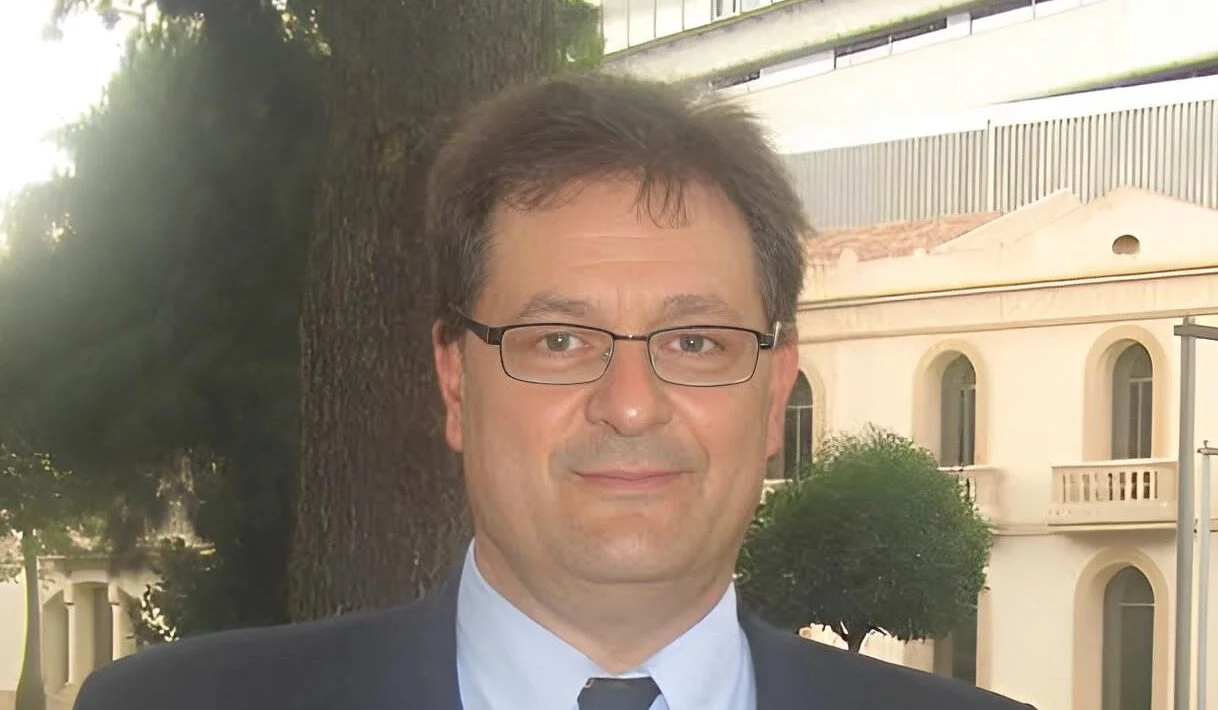
Miguel Bronchud: Foreign research talent is not a threat but an opportunity
Miguel Bronchud, Co-Founder of Regenerative Medicine Solutions, reflected on foreign talent help in medical research in his recent LinkedIn post.
“Foreign research talent is not a threat but an opportunity – for any country with scientific ambitions and technological edge in knowledge and innovation.
For example, Dr Conejo-Garcia, 59
…has spent almost his entire research career outside of Spain, far from his native Calatayud in Aragon (famous for its medieval Jewish quarter and small synagogue as well as its old vineyards and excellent wine).
Before becoming a professor of immunology at Duke University, where he has worked for more than 20 years, this Aragonese native spent time in Germany and Switzerland. This experience gives him the perspective necessary to advocate for greater investment in medical research in Aragon (Spain) his native country:
‘Research here is a different world. The numbers and the money available have nothing to do with the situation in Spain. It’s clear that for every dollar spent on research, its return is multiplied,’ he told the newspaper Heraldo de Aragón.
CRI CLIP Investigator Dr. Jose Ramon Conejo-Garcia of Duke University indicates that antibodies produced in tertiary lymphoid structures could help target tumor cells and cells in the surrounding environment, enhancing existing immunotherapies for cancer patients. ” – Miguel Bronchud, a medical oncologist from Barcelona, Spain, wrote on LinkedIn.
Theoretically, obtaining these “good B lymphoid cells” in several different cancers including perhaps also LN+ breast cancer patients (or different cells-perhaps even more potent lymphoid cells- in LNneg patients) prior to neo adjuvant therapy – to harvest anti-cancer cytotoxic antibodies producing cells for expansion “ex vivo” – might allow for significant immune response cofactors to be used together with current immune treatments, especially in TNBC.
Axillary lymph nodes in breast cancer are a potential example worth investigating. For example, it remains possible that cancer negative lymph nodes (No) in breast cancers are “negative” precisely because their lymph cells and TME produce inhibitors of malignant cells spread; rather than cytokines to attract them or immune suppression mechanisms?

Jose Ramon’s recent research is on understanding and targeting the mechanisms governing the balance between immunosuppression and protective immunity in the tumor microenvironment, with an emphasis on the crosstalk between innate (gamma/delta) and adaptive (alpha/beta) T cells, and B lymphocytes, including in Tertiary Lymphoid Structures.
Discoveries for the Conejo-Garcia lab are also being translated in active clinical trials using CAR T cells to treat ovarian cancer patients.
Jose R. Conejo-Garcia, professor in integrative immunobiology at Duke University will be presented with an award at the Immunology25 meeting on May 5, 2025, followed by his lecture,
‘Biology-guided development of off-the-shelf CAR gamma/delta T cells for solid tumor therapy.’ “
-
Challenging the Status Quo in Colorectal Cancer 2024
December 6-8, 2024
-
ESMO 2024 Congress
September 13-17, 2024
-
ASCO Annual Meeting
May 30 - June 4, 2024
-
Yvonne Award 2024
May 31, 2024
-
OncoThon 2024, Online
Feb. 15, 2024
-
Global Summit on War & Cancer 2023, Online
Dec. 14-16, 2023
